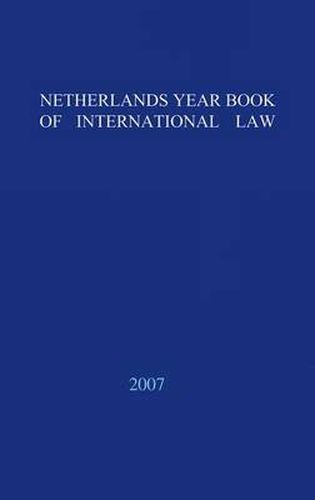Readings Newsletter
Become a Readings Member to make your shopping experience even easier.
Sign in or sign up for free!
You’re not far away from qualifying for FREE standard shipping within Australia
You’ve qualified for FREE standard shipping within Australia
The cart is loading…






This title is printed to order. This book may have been self-published. If so, we cannot guarantee the quality of the content. In the main most books will have gone through the editing process however some may not. We therefore suggest that you be aware of this before ordering this book. If in doubt check either the author or publisher’s details as we are unable to accept any returns unless they are faulty. Please contact us if you have any questions.
Modem international organisations are complex, multi-faceted institutions that are I As a corol transforming the way in which States comply with international rules. lary of that transformation independent action by individual states is under pres sure from other states in a range of cooperative regimes that make up modem international society.2 The World Trade Organization (WTO)3 exemplifies this trans formation. It has emerged from its former institutional framework of the General Agreement on Tariffs and Trade (GATT) into a fully-fledged international economic 4 organisation, with a specific mechanism for the settlement of disputes and a strong ethos of enforcement. Notwithstanding such developments, there is no satisfactory theory to explain what determines a compliance decision in WTO law or to account for the fact that 5 Instead, there is a general assumption that some Members choose not to comply. WTO Members are in compliance with their obligations and, more particularly with decisions which have been adopted by the Dispute Settlement Body. The issue of compliance with multilateral treaty regimes has been of consider able interest to political scientists and has spurned a burgeoning literature at the 6 intersection of international relations and international law, often arising from enquiries into the effectiveness of international regimes. In the context ofmultilat 7 eral treaty regimes two different perspectives on compliance have emerged in the 1. J.E. Alvarez, International Organizations as Law-makers (Oxford, Oxford University Press 2005) pp. ix-xxi at xv.
$9.00 standard shipping within Australia
FREE standard shipping within Australia for orders over $100.00
Express & International shipping calculated at checkout
This title is printed to order. This book may have been self-published. If so, we cannot guarantee the quality of the content. In the main most books will have gone through the editing process however some may not. We therefore suggest that you be aware of this before ordering this book. If in doubt check either the author or publisher’s details as we are unable to accept any returns unless they are faulty. Please contact us if you have any questions.
Modem international organisations are complex, multi-faceted institutions that are I As a corol transforming the way in which States comply with international rules. lary of that transformation independent action by individual states is under pres sure from other states in a range of cooperative regimes that make up modem international society.2 The World Trade Organization (WTO)3 exemplifies this trans formation. It has emerged from its former institutional framework of the General Agreement on Tariffs and Trade (GATT) into a fully-fledged international economic 4 organisation, with a specific mechanism for the settlement of disputes and a strong ethos of enforcement. Notwithstanding such developments, there is no satisfactory theory to explain what determines a compliance decision in WTO law or to account for the fact that 5 Instead, there is a general assumption that some Members choose not to comply. WTO Members are in compliance with their obligations and, more particularly with decisions which have been adopted by the Dispute Settlement Body. The issue of compliance with multilateral treaty regimes has been of consider able interest to political scientists and has spurned a burgeoning literature at the 6 intersection of international relations and international law, often arising from enquiries into the effectiveness of international regimes. In the context ofmultilat 7 eral treaty regimes two different perspectives on compliance have emerged in the 1. J.E. Alvarez, International Organizations as Law-makers (Oxford, Oxford University Press 2005) pp. ix-xxi at xv.